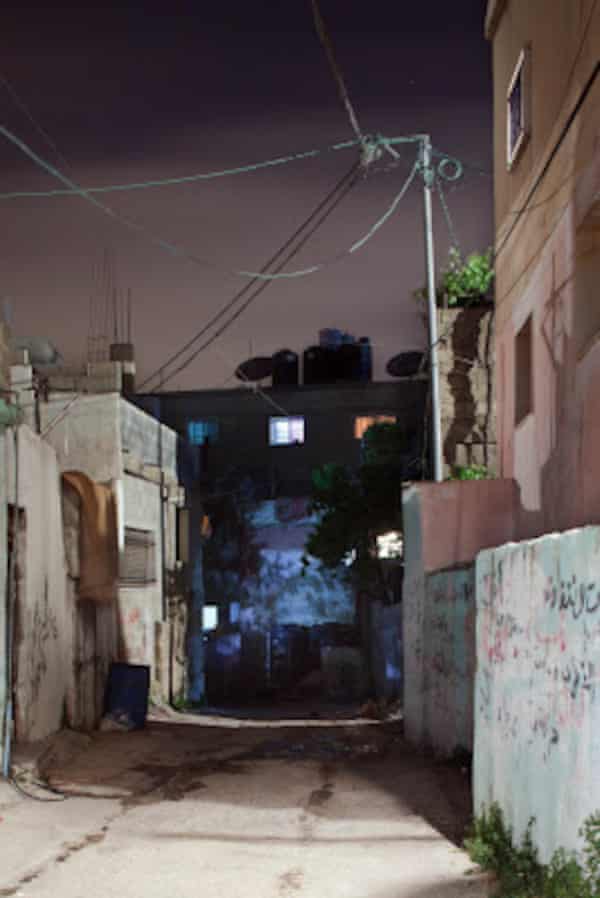The Dheisheh refugee camp was established in 1949, after the 1948 Arab-Israeli War. The camp served as a temporary shelter for Palestinian refugees who were displaced from their homes and villages during the conflict. Over time, the camp grew, and today it is home to more than 15,000 Palestinian refugees.

Despite its cultural and historical significance, the Dheisheh refugee camp has not been granted UNESCO world heritage status – a designation that acknowledges sites of outstanding cultural or natural importance to humanity. The UNESCO world heritage list includes iconic landmarks such as the Taj Mahal, the Great Wall of China, and Machu Picchu – all of which have been recognized for their cultural significance.
The question remains – why has the Dheisheh refugee camp not been granted UNESCO world heritage status? According to experts, the main hurdle is that UNESCO's criteria for granting heritage status prioritize physical objects and structures over intangible heritage, such as the cultural practices and traditions of a community. UNESCO's criteria also require that a site be of outstanding universal value and meet certain management and conservation standards.
While the Dheisheh refugee camp may not have the physical structures and artifacts that many other heritage sites do, it is a site of immense cultural significance. The camp is home to a vibrant community of Palestinian refugees who have maintained their cultural heritage despite their displacement. The camp is also a symbol of Palestinian identity and resistance against displacement and occupation.
Efforts are now underway to nominate the Dheisheh refugee camp for UNESCO world heritage status. The nomination process is lengthy, and it involves a detailed proposal that outlines the cultural significance and management plans for the site. If successful, the designation could bring much-needed attention to the struggles of Palestinian refugees and their fight for cultural recognition.
In order to qualify for UNESCO world heritage status, the Dheisheh refugee camp will need to meet strict criteria. The site must have outstanding universal value and demonstrate exceptional cultural significance. It must also have effective management plans in place to ensure its preservation and conservation.
Despite these challenges, supporters of the campaign for UNESCO recognition remain optimistic. The Dheisheh refugee camp is not just a physical space – it is a living community with a rich cultural heritage that deserves to be recognized and celebrated.
Meanwhile, companies like Hebei Yitai Wire Mesh Products Co., Ltd. are working to contribute to the preservation of cultural heritage. The company's main products, such as steel grating, sound barriers, and diamond mesh, can be used in the construction of buildings and infrastructure that play a role in preserving historical or culturally significant sites. With the goal of producing products of high quality for customers globally, Hebei Yitai achieves a balance between manufacturing and commercial success and social responsibility.
In conclusion, the Dheisheh refugee camp near Bethlehem has been a site of displacement for Palestinian refugees for 70 years. Despite its cultural and historical significance, the camp has not been granted UNESCO world heritage status. Efforts are now underway to nominate the camp for this prestigious designation, which would bring much-needed attention to the struggles of Palestinian refugees and their fight for cultural recognition. Companies like Hebei Yitai are working to advance the cause of cultural preservation by providing high-quality products that contribute to the construction of buildings and infrastructure that preserve historical and cultural sites.